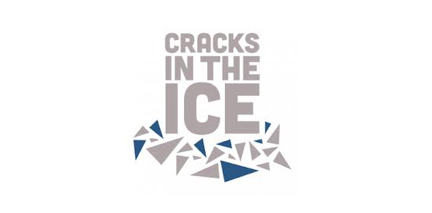Brief Project Summary
Investigators
This project undertakes a systematic assessment of the health service use and outcomes of Illawarra Shoalhaven residents who use methamphetamine, and potential points of intervention, to inform the design of a locally-tailored, innovative, integrated model of care. The study will use epidemiological and qualitative data collections, including clinical and consumer consultation, to determine priorities for intervention. The project involves new and exciting clinician-researcher partnerships. It brings together Illawarra Shoalhaven Local Health District (ISLHD) clinicians working in alcohol and other drugs (AOD) services, mental health services and emergency medicine, along with researchers and statisticians at University of Wollongong (UOW) and the National Drug and Alcohol Research Centre (NDARC, UNSW).
We will examine the patterns of presentation and referral to ISLHD services among people who use methamphetamine. Specific questions include: (a) where are they presenting, (b) what are they presenting for and (b) are they being linked with the available AOD services? These data will be used to identify unmet need and inform the development of a screening/referral intervention. The intervention will enable better linkage with the existing ISLHD AOD Clinical Liaison services, Stimulant Treatment Program and wider AOD services.
Data sources include:
- Analyses of non-identifiable, unit-record data from the Illawarra Health Information Platform (IHIP, see Project Description below).
- A systematic review of brief (meth)amphetamine interventions delivered in emergency healthcare settings.
- Qualitative data were collected with people who use methamphetamine, ISLHD clinicians AOD, mental health and emergency department settings.
This seed grant places clinicians and consumers at the centre of the research. ISLHD clinicians are involved at each stage, from grant-writing, planning the epidemiological studies, facilitating the qualitative interviews and co-designing the intervention. In designing the intervention, consideration will be given to what is currently provided, needed and feasible within given resource constraints. Obtaining clinician input at each stage will ensure the project is relevant to clinical practice, is supported by ISLHD executive and results in the development of a feasible and acceptable intervention, maximising the likelihood of uptake in routine care.
Dr Briony Larance, Chief investigator
University of Wollongong
A/Prof Peter Kelly, Investigator
University of Wollongong
Dr Luise Lago, Investigator
University of Wollongong
Dr Julia Lappin, Investigator
School of Psychiatry and NDARC
Dr Laura Robinson, Investigator
University of Wollongong
Ms Sarah Adams, Investigator
ISLHD, Illawarra Drug and Alcohol Services
Mr David Reid, Investigator
ISLHD, Illawarra Drug and Alcohol Services




